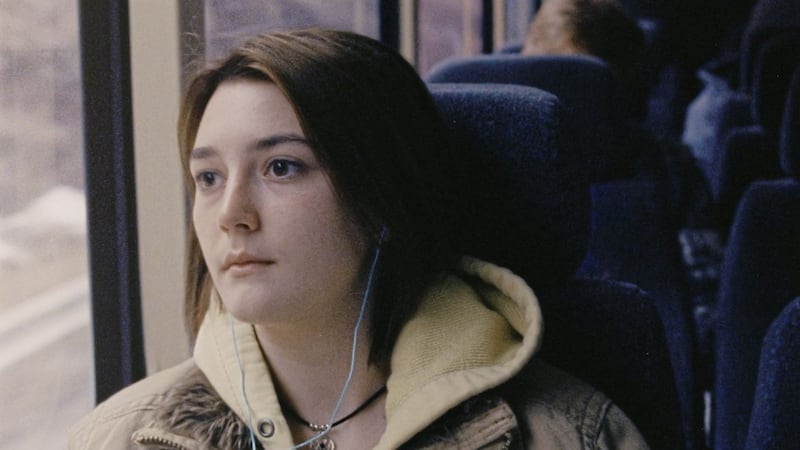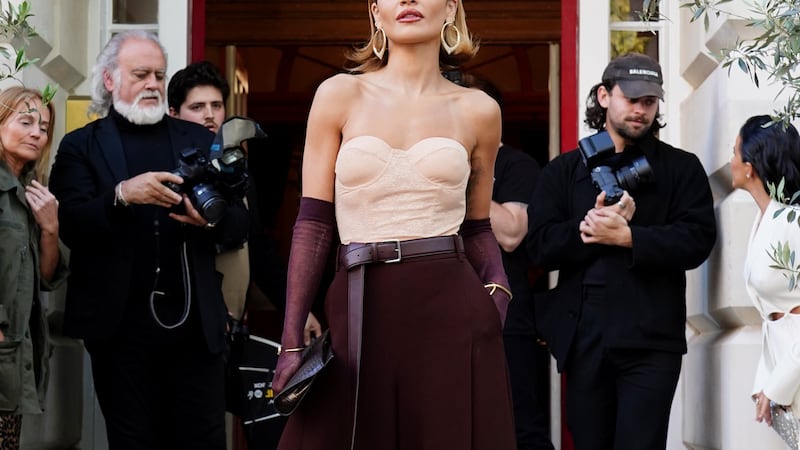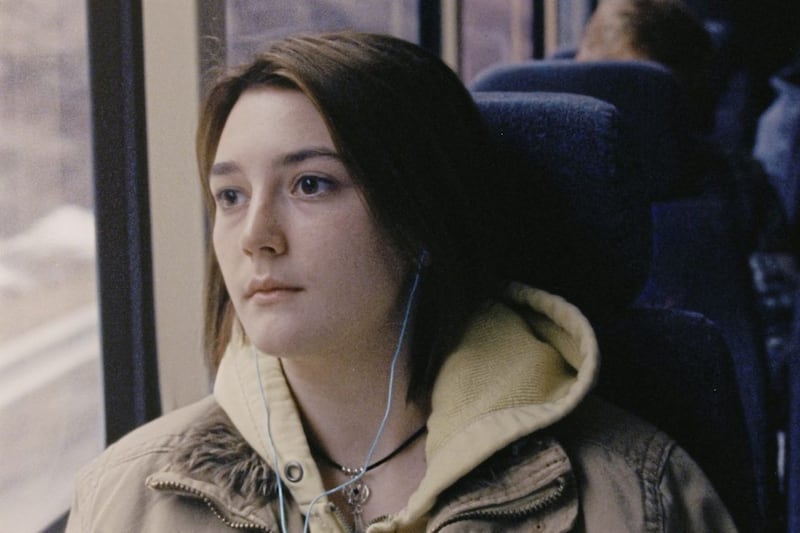THERE is a powerful moment in the new drama Never Rarely Sometimes Always that haunts you long after the film is over.
Pregnant teen Autumn is talking to a counsellor at an abortion clinic about her relationship history and sexual encounters and answers tick-box questions from the multiple choice of the four possible answers in the title.
It becomes increasingly clear that some terrible things have happened to her, as the restrained distress shows on newcomer Sidney Flanigan's face.
And it is this stark but compassionate look at the experience of a teenage girl in America that seems best to encapsulate the realist drama.
"When I first read it I was kind of surprised to see that it was a film about abortion," Flanigan says. "I remember when I first read it I thought to myself, 'I can't believe I haven't seen this movie already', and so it was kind of exciting thinking about the idea of getting to bring to the screen a story that seemed so powerful."
She plays 17-year-old Autumn, who lives in a town in rural Pennsylvania where the state's parental consent laws mean there is no question of being able to get an abortion and no chance of getting help from her family.
After some hesitant but harrowing attempts to end the pregnancy herself, she confides in her cousin Skylar, played by Talia Ryder, and the pair scrape the money together to get a bus to New York, where she can terminate her pregnancy in secret.
"I'm only 21 but I feel like I haven't seen that story on screen at all," Flanigan says. "I feel there are not enough stories that are about women in general, that are an accurate representation of friendships. Most movies that deal with friendships are usually like a bunch of girls having fun, going out.
"Most movies, if they were about a bunch of girls in New York city, it would be like a totally different story – but these two girls go to New York city and it's bleak and scary and the dynamic between the two girls is so different to the way women are usually portrayed, it's so much more realistic."
Indeed the relationship between Autumn and Skylar is one of quiet, often wordless, compassion, while the men in the film lurk on the periphery for the most part, offering unwelcome attention, their threat hanging heavy over everything.
"There are all these different men who represent all the different levels of ways men can create a hostile environment, whether they mean to or not," Flanigan says.
"They can be intentionally aggressive but sometimes there can be those micro-aggressions – they don't realise they are doing it, but it's just because a lot of men are not raised to really see their faults or there is that whole 'boys will be boys' notion growing up and boys aren't taught to take responsibility and know boundaries so they can be quite invasive sometimes."
And while the film is a drama, never explicitly vocalising a political viewpoint, it's significant that it is being released at a time when access to abortion is being increasingly restricted in the US and Roe v Wade, the landmark decision of the US Supreme Court which determined a woman's right to choose, is under assault.
"It's only become more urgent since the film was shot," Flanigan says. "I remember coming home after the shoot and seeing articles about the Heartbeat Bill [which makes abortions illegal as soon as the embryonic or foetal heartbeat can be detected] being introduced, which is the six-week ban.
"I was like, 'Man, I just got home from making this movie and now they are doing all this'. It just feels like the walls are closing in, especially after I made this film.
"I've always been passionate about a number of issues but this one has become a priority because it also concerns me personally and my family and my friends and it's just really scary."
The film starkly lays out the fact that sometimes it's not just getting the procedure done that is a challenge for some young women, it's the cost of travel and hotels that come from crossing state lines.
"There are so many factors at play, besides just being able to get it in general," Flanigan says. "Having clinics or health centres near you and money is such a huge issue, and a lot of women are kept in poverty because of that and it's this vicious cycle because women might be too poor to travel and get that procedure done and then they have a child that they don't know how to take care of and that child is stuck in poverty.
"It's a vicious cycle and that is how they keep all these people in poverty."
Does Flanigan want US lawmakers to see the film?
"If our politicians saw this movie, I don't think they would have any empathy. I think they have bigger interests in mind. I think it's very intentional what they do to women. I think they want us to feel scared and cornered, and honestly I do not trust these old white guys at all.
"Personally, I would really like it to be something that teenagers get to see. I think it would be so cool if they would allow them to show it in schools or something, like in sex education classes.
"The first step in reducing these unintended pregnancies is to give them access to education and to birth control so that they know their rights and take more responsibility."
:: Never Rarely Sometimes Always is out now.



